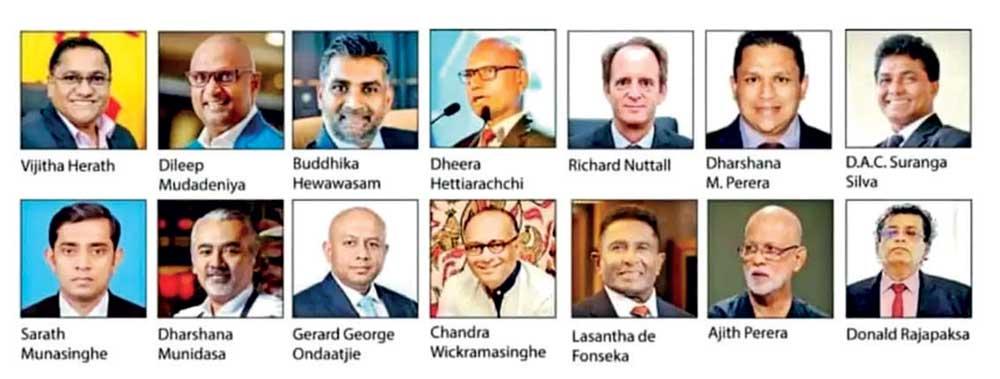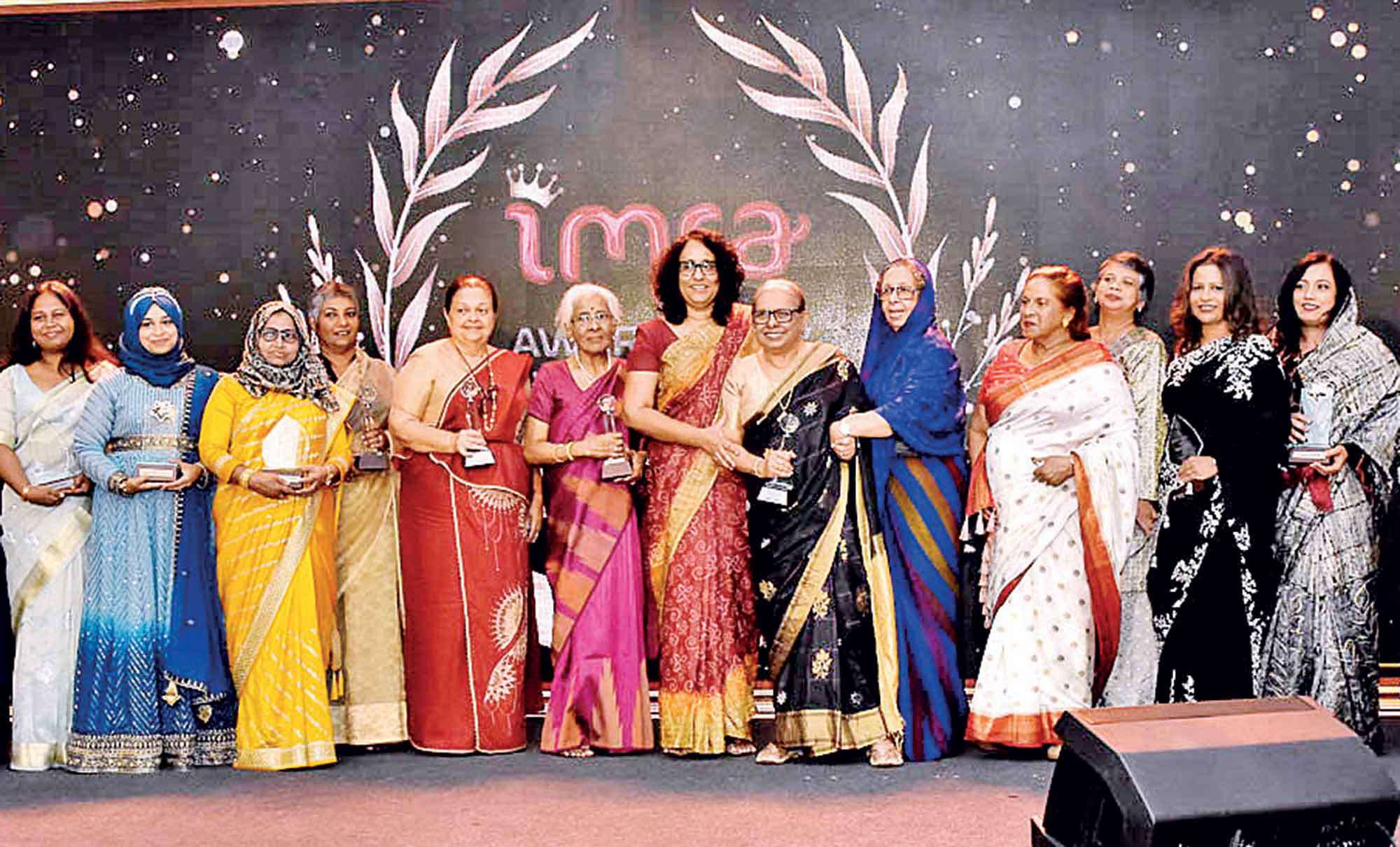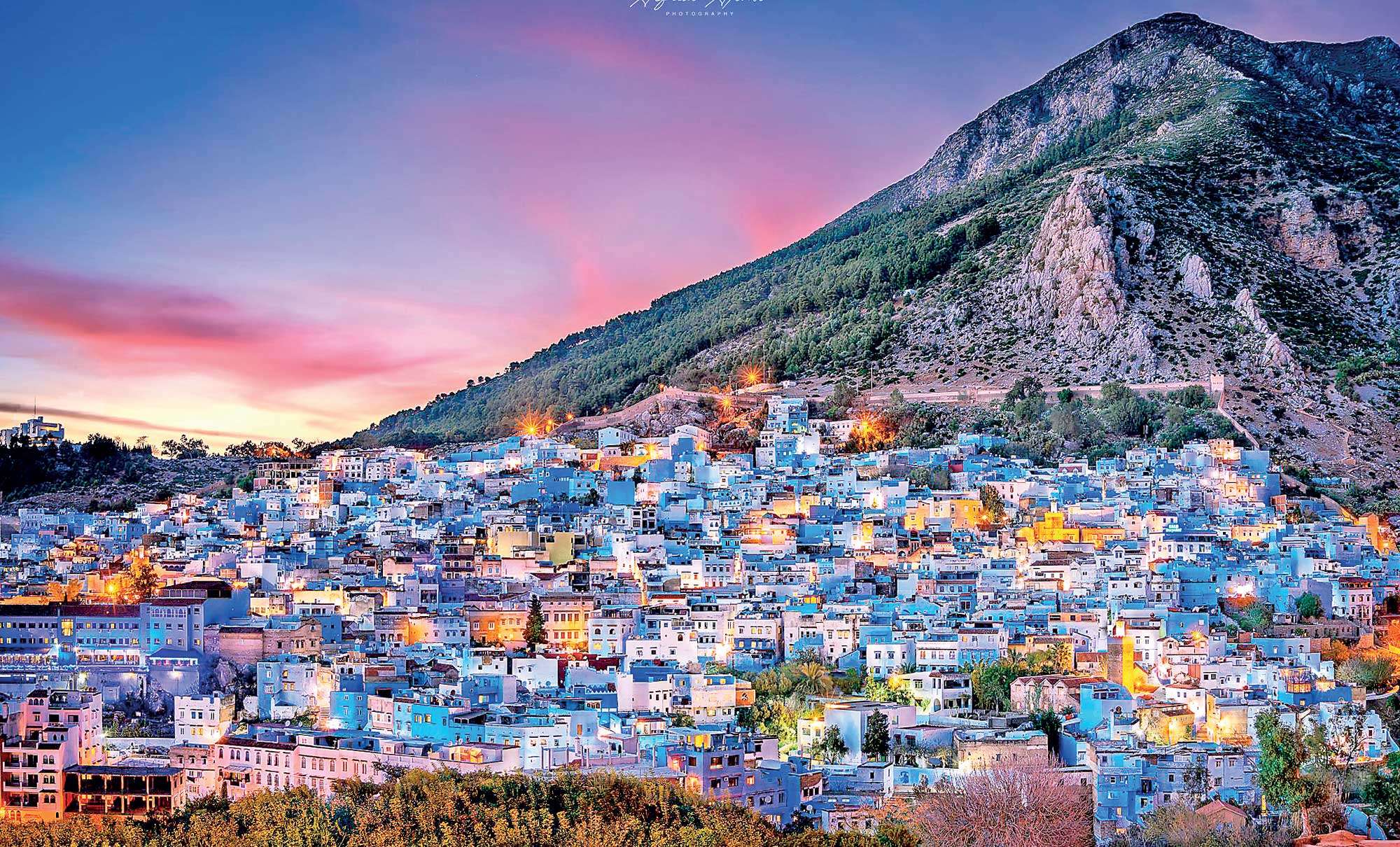
By: Dr. Sulochana Segera and Rishini Weeraratne
The appointment of a new Tourism Advisory Committee in Sri Lanka has sparked significant controversy, highlighting long-standing gender disparities in the country’s leadership and decision-making processes. With tourism being a critical driver of Sri Lanka’s economy, the lack of female representation in such an influential body is not just an oversight; it is a strategic misstep that could have far-reaching consequences.
Women Drive Global Tourism Trends
Tourism is no longer a male-dominated industry. According to global research, women drive 82% of travel decisions; a figure that underscores their dominant role in shaping the sector. Solo female travel has been on the rise, with women prioritising safety, sustainability, and cultural immersion. Families, too, are seeking education-driven tourism experiences, blending leisure with meaningful learning opportunities.
These trends are reshaping the global tourism industry, influencing everything from hotel services and tour packages to safety policies and destination marketing strategies. Leading tourism economies such as Thailand, Spain, and Australia have embraced these shifts, ensuring that their policies reflect the needs and preferences of modern travelers.
Yet, Sri Lanka continues to overlook these critical trends by making decisions without the representation of women, arguably, the most influential stakeholders in tourism today.
Yet, Sri Lanka continues to overlook these critical trends by making decisions without the representation of women, arguably, the most influential stakeholders in tourism today.
The Tourism Advisory Committee: A Missed Opportunity
The newly appointed Tourism Advisory Committee, led by Minister Vijitha Herath, consists exclusively of male representatives from the private sector. The absence of women in this leadership body is glaring, especially when considering that women constitute a significant portion of the workforce in the hospitality and tourism industry.
While the committee members may have substantial experience in business and tourism management, their perspectives alone cannot address the evolving needs of the industry. Decisions made without diverse voices, particularly those of women, risk being out of touch with global best practices, traveler preferences, and gender-inclusive tourism strategies.
What makes this exclusion even more concerning is that Sri Lanka already has several accomplished women who have made significant contributions to the tourism industry and could provide invaluable expertise. Leaders such as Shiromal Cooray, Angeline Ondaatje, Bobby Jordan Hansen, and Kimarli Fernando have played pivotal roles in hospitality and tourism promotion, helping to position Sri Lanka as a competitive global destination. Additionally, branding and marketing experts like Varuni Amunugama Fernando and Neela Marikkar, along with media personalities such as Dinushka Chandrasena and Shenelle Rodrigo, have been instrumental in showcasing the country’s tourism potential to international audiences. Their absence from advisory roles is not just an oversight; it is a missed opportunity to leverage their expertise in shaping Sri Lanka’s tourism future.

The Economic Impact of Gender-Blind Decision Making
Excluding women from decision-making roles is not just an issue of fairness; it has serious economic implications.
1 Loss of Market Relevance – By ignoring female perspectives, Sri Lanka risks failing to attract and retain female travellers, particularly solo female tourists who seek destinations that cater to their specific needs in terms of safety, accessibility, and cultural experiences.
2 Missed Business Opportunities – Women-led businesses in tourism, from boutique hotels to tour companies, bring innovative solutions and fresh approaches to the industry. Without their voices at the table, policy decisions may fail to support these businesses, limiting their growth potential.
3 Declining Global Competitiveness – Countries that prioritize gender inclusivity in tourism leadership tend to be more successful in creating sustainable, high-value tourism industries. Sri Lanka’s failure to align with global trends could make it less competitive compared to other destinations in Asia and beyond.
Gender Bias in Sri Lanka’s Leadership: A Systemic Issue
This exclusion of women is not an isolated incident, it reflects a deeper systemic issue in Sri Lanka’s governance. Women remain underrepresented in politics, corporate leadership, and decision-making bodies despite their significant contributions to the economy.
This pattern raises an important question: Is Sri Lanka’s leadership truly committed to progress, or is it merely recycling the same outdated approaches?
Countries that have made significant strides in gender-inclusive leadership, such as New Zealand, Canada, and Scandinavian nations, demonstrate higher levels of economic growth, innovation, and social well-being. If Sri Lanka genuinely wants to revitalise its tourism industry, it must embrace gender diversity at every level of decision-making.

The message is clear
If Sri Lanka wants to be a leading tourism destination, women must have a seat at the table.
The Path Forward: Women at the Table
If Sri Lanka is serious about reviving and sustaining its tourism sector, it must take decisive steps to include women in leadership roles.
1 Ensure Gender Diversity in Decision-Making Bodies
Future appointments to tourism advisory panels, government boards, and industry leadership councils must include a minimum percentage of female representatives. Women in tourism, hospitality, and entrepreneurship have valuable expertise that can help shape policies aligned with global trends.
2 Prioritise Female-Centric Tourism Initiatives
Policies should focus on enhancing safety measures for female travellers, promoting women-led tourism enterprises, and creating travel experiences that cater to the evolving needs of female tourists.
3 Hold Leadership Accountable
Civil society, industry professionals, and the public must demand accountability from policymakers. The government must justify appointments that lack diversity and commit to transparent, merit-based selection processes.
4 Promote Women in Tourism Entrepreneurship
The government and private sector should actively support women entrepreneurs in tourism by providing funding, training, and market access to expand their businesses.
Conclusion: The Future of Sri Lanka’s Tourism Depends on Inclusion
Sri Lanka’s tourism sector stands at a crossroads. The exclusion of women from decision-making processes is not just a symbolic failure, it is an economic and strategic liability. If the country wishes to compete on a global stage, gender-inclusive leadership is not optional; it is essential.
Reviving Sri Lanka’s tourism industry will require more than just infrastructure development and marketing campaigns. It will require leadership that reflects the diversity of the travellers it seeks to attract.










